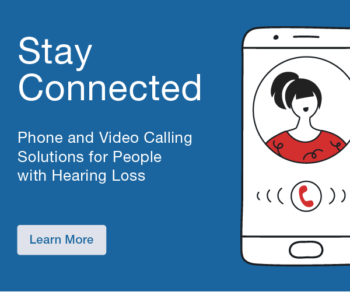Diabetes increases susceptibility for hearing and vestibular loss, with worsening vision and somatosensory skills. Audiologists frequently care for people with diabetes (PWD) and knowledge of this disease process can help improve the quality of care for this patient population. Auditory and vestibular symptoms in PWD can range from mild to severe, impacting their overall quality of life. By understanding these symptoms and their underlying mechanisms, audiologists can better meet the needs of their patients.
Visual impairments, neuropathy, muscle loss, and cognitive impairment are all significant complications of diabetes that can indirectly affect auditory and vestibular function.
Intervention for hearing loss in PWD may involve a combination of hearing aids and balance rehabilitation exercises. Addressing hearing loss can not only improve communication and quality of life but may also indirectly benefit balance and vestibular function.
Prevention and treatment options play a crucial role in managing diabetes-related complications. Expanding fall risk education for PWD is essential in reducing potentially life-threatening injuries.
Overall, integrating knowledge of diabetes-related complications into audiological practice can lead to more effective care and better outcomes for individuals with diabetes.
Learning Objectives:
After this course, participants will be able to:
- Assess vestibular risk factors for people with diabetes (PWD).
- Describe the pathophysiology and epidemiology to better understand the impact this disease has on PWD.
- Recommend clear counseling for PWD to improve outcomes and reduce risks of falling.



